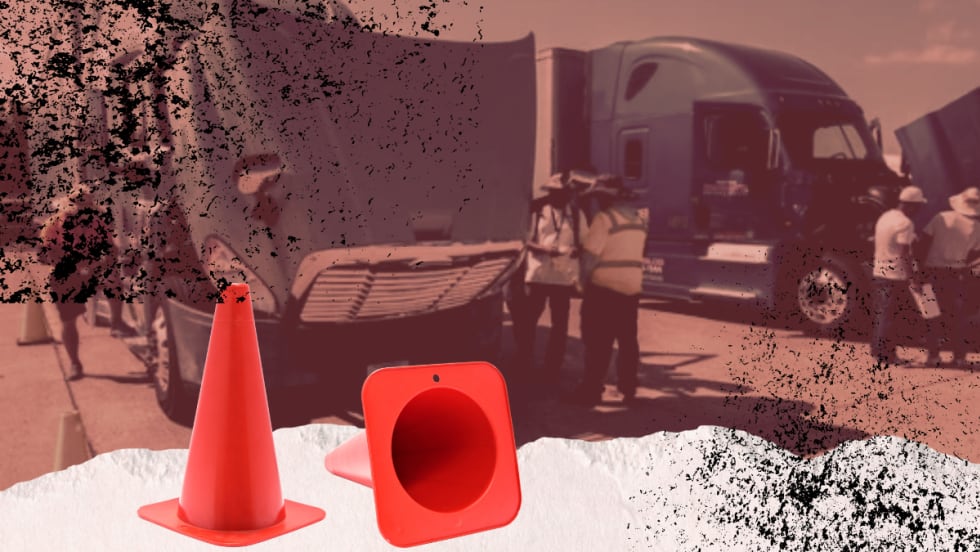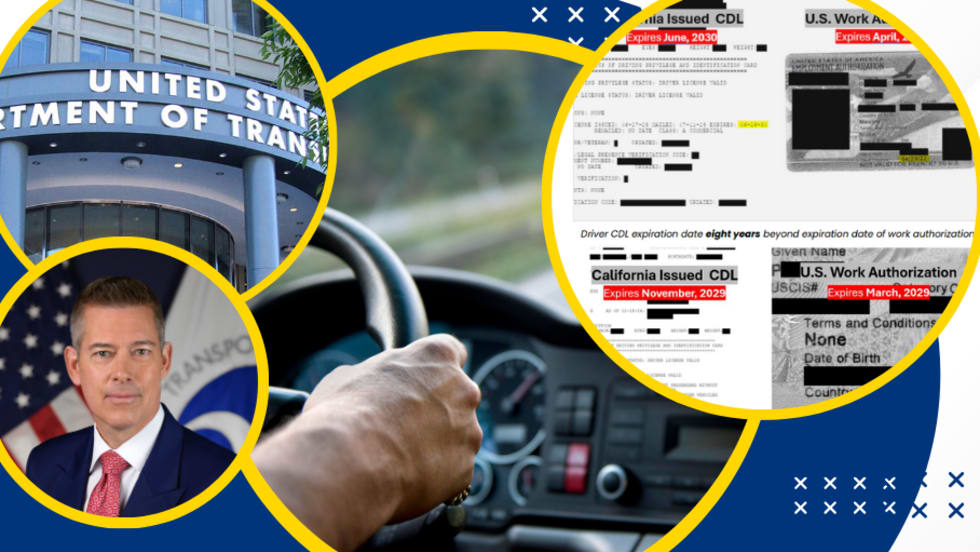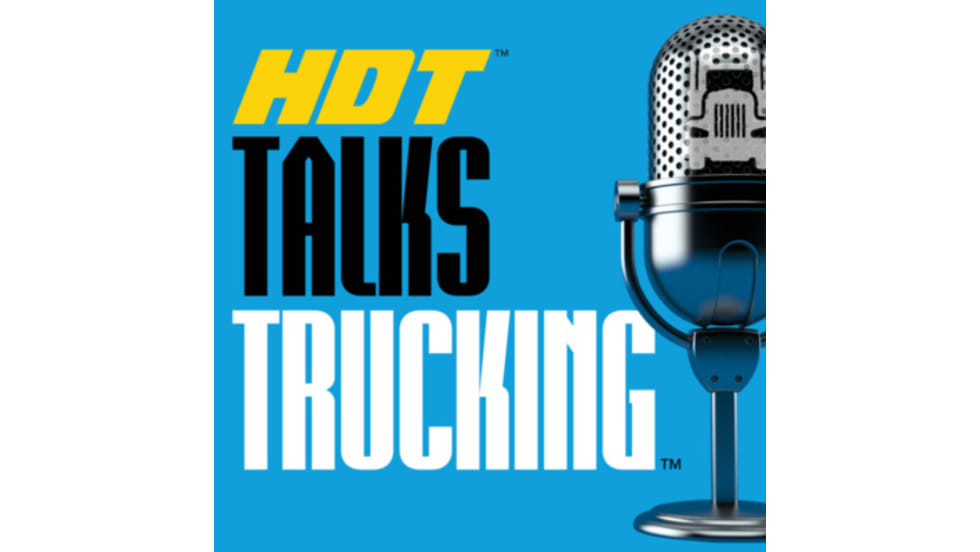Tucked away in the federal funding bill signed by President Biden March 9 was a provision to loosen some of the stringent safety precautions that some in trucking believe have been holding back progress on a pilot program to allow younger drivers behind the wheel of commercial trucks in interstate commerce.
The provision bans the use of any funds appropriated in the bill to “require the use of inward-facing cameras or require a motor carrier to register an apprenticeship program with the Department of Labor as a condition for participation in the safe driver apprenticeship pilot program.”
The provision was championed by the American Trucking Associations and the International Foodservice Distributors Association to help get the Safe Driver Apprenticeship Pilot Program back on track.
In 49 states plus the District of Columbia, 18-, 19- and 20-year-olds are permitted to obtain a CDL and drive heavy-duty commercial vehicles in intrastate commerce, but federal rules have long prohibited those same drivers from driving in interstate commerce. This often means that young people coming out of high school don’t explore trucking as a career, and by the time they turn 21, they often already are in a different career.
This pilot program was intended to study potential paths and safeguards that would allow these younger drivers to safely work in interstate trucking.
What is the Safe Driver Apprenticeship Pilot Program?
In 2021, the Infrastructure Investment and Jobs Act, commonly known as the Bipartisan Infrastructure Law, required the Department of Transportation to set up an apprenticeship pilot program for commercial driver’s license holders under the age of 21 to operate in interstate commerce.
The language of that bill called for:
Specific probationary periods.
For apprentices to be accompanied in the passenger seat by an experienced driver.
That the trucks driven by these apprentices be equipped with an active braking collision mitigation system, automated or automatic transmission, forward-facing video event capture system, and a governed speed of 65 mph.
The Biden administration worked to fast-track the program, and FMCSA's first request for comments came just two months later. However, some of what the agency was considering caused concerns in the trucking industry that red tape could trip up the program.
Those concerns seemed to be well-founded.
Why Has the Younger Driver Apprentice Pilot Program Foundered?
Although the new younger-driver pilot program opened for applications in August 2022, more than a year later, it still had not gotten enough participants for a statistically valid research effort.
According to the American Trucking Associations, which pushed for this new provision, the apprenticeship program was capped at 3,000 participating drivers at any one time. To date, ATA said, only three dozen have enrolled.
“This lack of participation is partly due to extraneous program requirements that go beyond those prescribed in statute,” ATA said. “The Federal Motor Carrier Safety Administration required participating motor carriers to register their apprenticeship programs with the U.S. Department of Labor and equip their trucks with inward-facing cameras.”
The topic was one of several that a House subcommittee grilled then-FMCSA administrator Robin Hutcheson on in December 2023. In that hearing, Cory Maloy (R-UT) charged that the program had requirements that were not in the IIJA that made it too difficult to qualify.
Hutcheson, however, said the problem was a lack of knowledge of the program among potential fleet participants and said the FMCSA would be “really stepping it up” in January to “make sure stakeholders know of this opportunity.”
Hutcheson left the agency in January.












